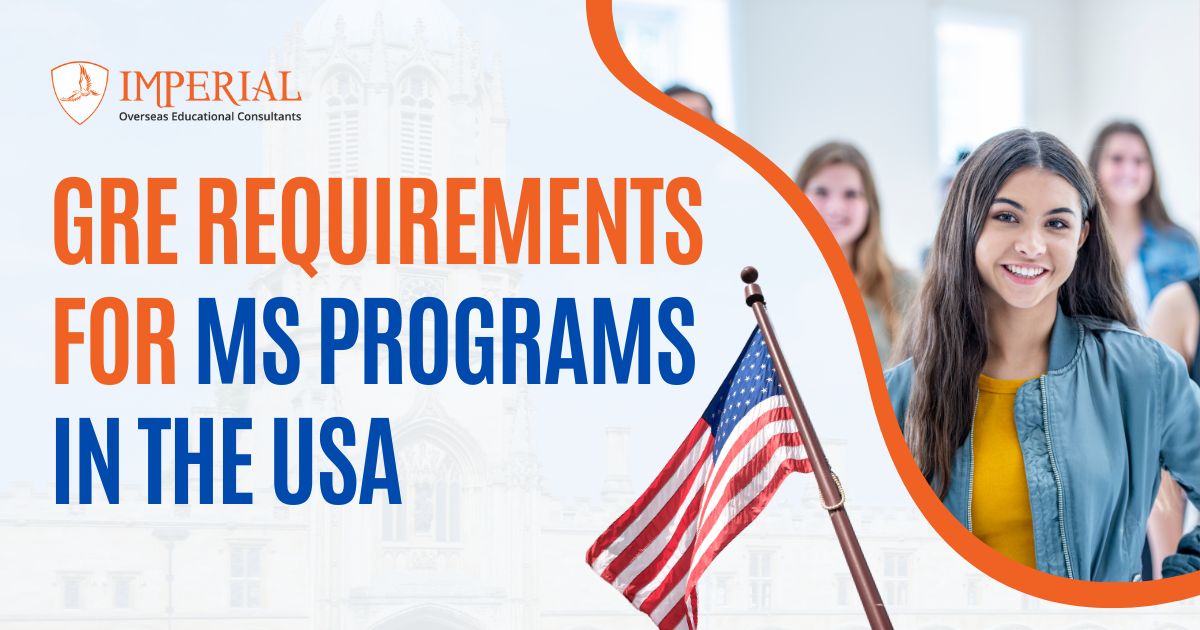
VOCABULARY BUILDING TIPS FOR GRE
Retention comes down as you memorize more and more words. Question is how can you go from knowing a few 100 words to few 1000 words without taking years to achieve that. Let’s consider a scenario – a complete stranger walks up to you, hugs you and says “You are my best friend!†– What will you do? That’s what you do with a new word if you try to remember it the first time you see it. So Stranger to Friendship (30 seconds) memorization process does not work. Rather use the approach – stranger to acquaintance to friendship – then there is a better chance of the word becoming a friend to you. So the approach I recommend is of constant familiarization by revisiting the friend (the word) often, and soon the word will be befriended.
So let’s explore the steps for familiarization. It will take about 2 to 3 minutes per word but it is completely worth the effort.
5 STEPS
- Read and understand – Read slowly, don’t be in a hurry.
- Pronunciation should be consistent not correct. When you pronounce consistently the same way, you are more likely to remember the word.
- Write (spell) multiple times – if you are trying to find a person on Facebook or Skype and can’t spell the name then you won’t find the person. Similarly, you have to spell the word right. Get familiar with the spelling.
- Association – Associate the word with your life. For example, consider the word “abate.†Check the following sentences out – I’ll wait for the rains and storm to abate before I leave home. (abate means subside, lessen , calm down)
But a better sentence to remember the word – associate abate with someone or something in your life. For example- I will wait for my dad’s temper to abate before I ask him for money.
Another example – Maudlin – emotional or sentimental.
Think of one person you know who is emotional and sentimental, so anytime you see the word “maudlin,†that person should come to your mind.
- Classify – N, V, Adj, Adv and positive, negative , neutral
For example – “intelligent†is an adjective and its noun is “intelligenceâ€. “Intelligently†is an adverb.
Kind, generous etc. could come under positive.
Note – Take this strategy only with words which are complete strangers.
Let’s now explore a few strategies more in depth.
Strategy –Association v/s Isolation
One of the most important strategies when you are doing words is that of Association. Always study words in groups and not in isolation. When we do this we are using the fundamental process of the human brain to build vocabulary, which is association. The brain learns by wrapping around things it already knows. For example, consider the word “dogmatic†– dogmatic = stubborn. Now go to Thesaurus and look up its synonyms – for example, obdurate.
The second way of association is to look for themes – for example, bunch of words which relate to sound, bunch of words relate to light, bunch of words which have something to do with fear, bunch of words which have something to do with love, or with height.
This method of Association will help to you expand your vocabulary significantly
Strategy – Word Construction
The next very important strategy which can be used for many words is that of word construction. Consider the example, Malodorous. Keep observing till you discover the meaning of the word. Let’s break it up. Mal + odorus. “Mal†means bad or poor and “odor†refers to smell. Thus, malodorous would mean “bad smellingâ€. Knowing a few suffixes and prefixes really helps. Similarly “Ben†is a prefix which means good. Thus, benediction means blessing, benevolent means generous, and benefactor means one who benefits others. So, with this method, you will be learning roots, prefixes and suffixes, and will build your vocabulary significantly.
Strategy – Spread it out over the day
The last strategy or tip is the quantum and frequency of doing words. Typically, you want to do 10 new words daily. Along with their synonyms it would amount to about 40 to 50 words. Use the 1-1-1-1 repetition rule. Revisit the words after 1 hour, 1 day, 1 week and 1 month. Then they will be etched into your permanent memory.
To know more about GRE preparation time as well as a demo session of the lecture, please call us and book an appointment here: http://imperial-overseas.com/contact.php
Mr. Ankur Rupani
Head of Training and Sr. Counselor



